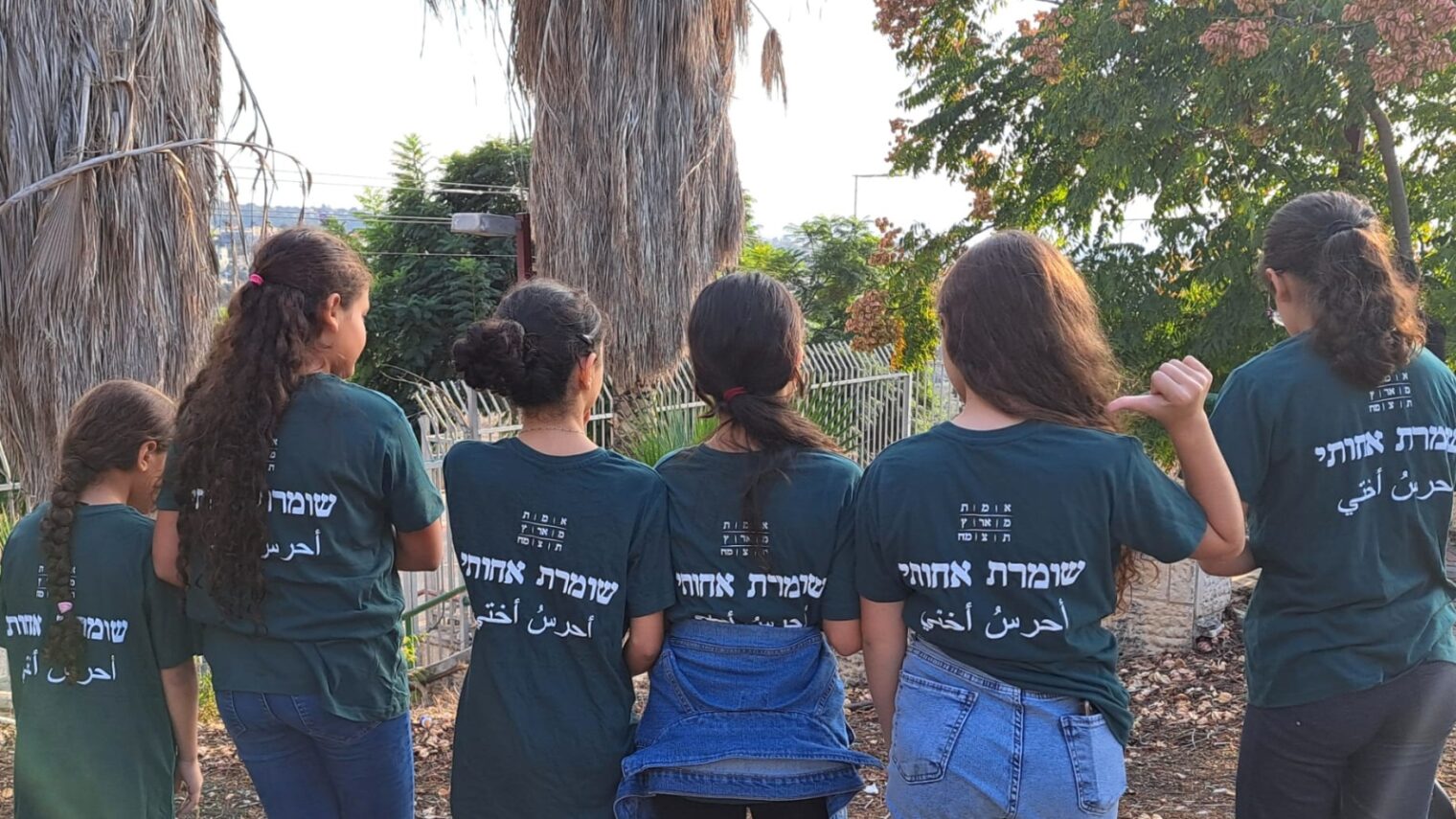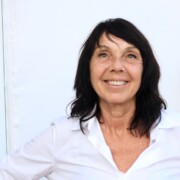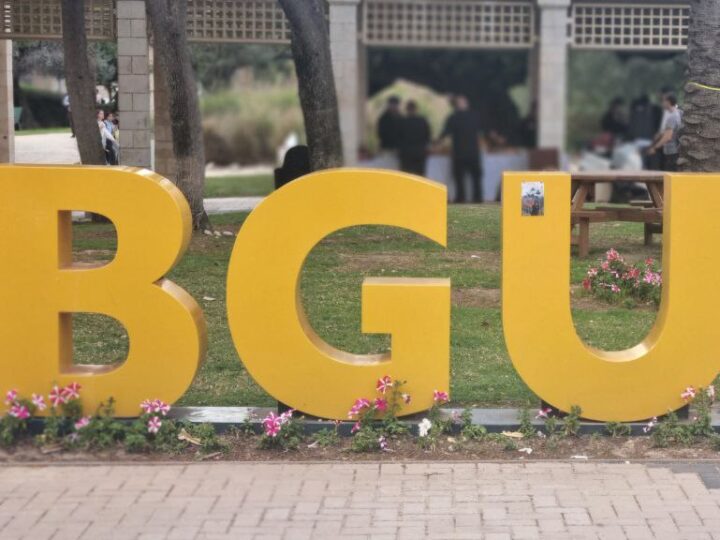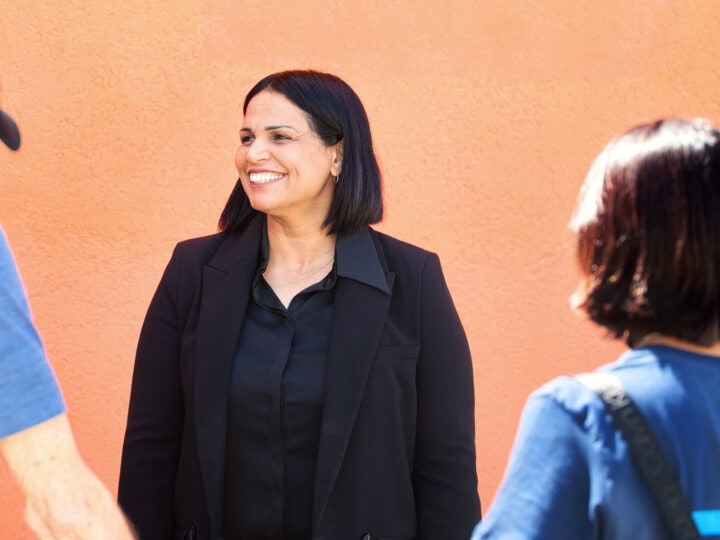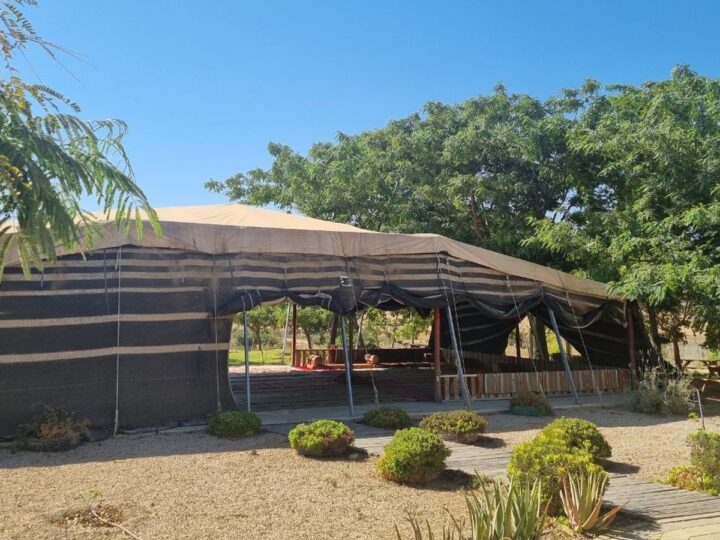In biblical tradition, it takes a shepherd to make a difference.
In our days, it is Yoel Zilberman, a former shepherd who grew up on his father’s Lower Galilee farm. He is on a mission to strengthen the connection of all residents of the Land of Israel to each other and to the land itself.
In 2007, Zilberman founded the nonprofit HaShomer HaChadash (The New Guardian) to enhance security for Israeli farmers, preserve state lands, and ensure food security by shaping a future generation of agriculturists.
It took 12 more years until he inaugurated its youth movement, HaTnua HaChadasha (The New Movement), but only another two until 3,000 Bedouin children joined it.
HaShomer HaChadash grew out of his father’s announcement that he wanted to sell the farm since he was in his 60s and there was nobody in the second generation to take over. Furthermore, area farmers were being harassed by criminal elements among the neighboring Bedouins. They were ripping down fences, killing cows and causing damage.
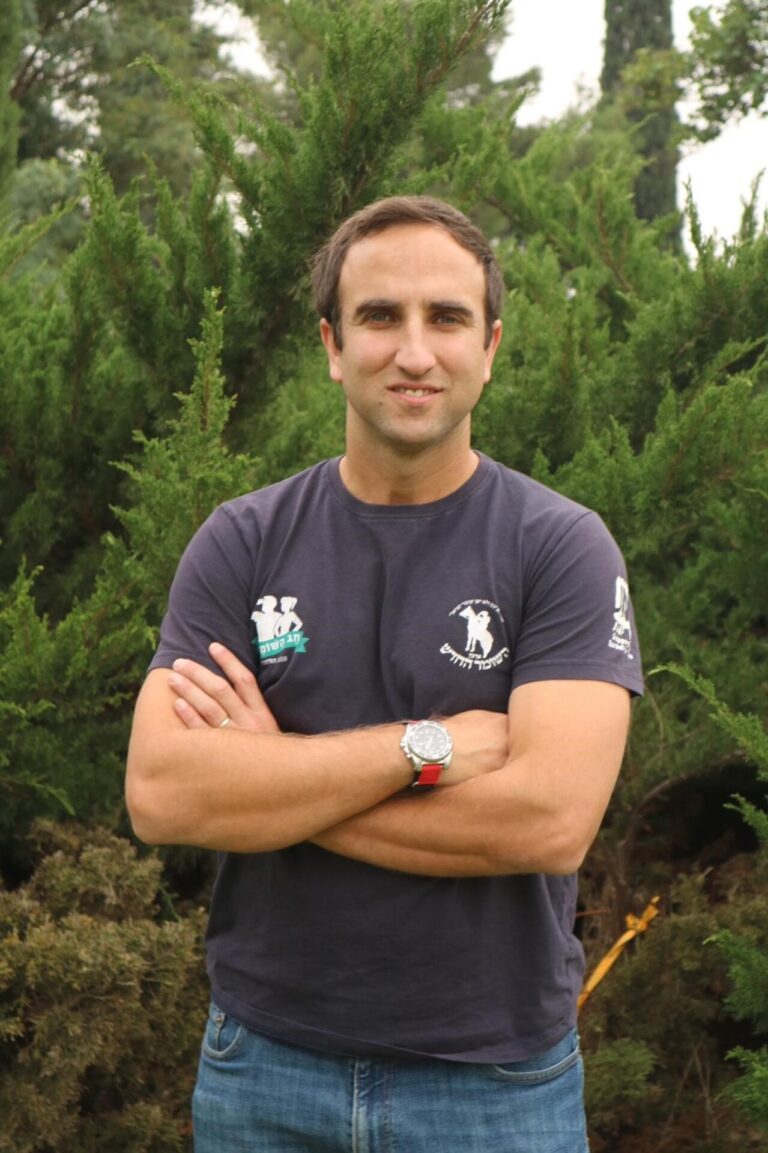
For the next two years, Zilberman dedicated his furloughs from the Navy to standing guard over his father’s farm, helped out by volunteers who spontaneously began to arrive from all over the country.
Zilberman describes his NGO as “a Jewish democratic organization seeking cooperation with Arab society, and with Bedouin society in particular.”
HaShomer HaChadash now runs four boarding schools where eighth- to 12th-graders study agriculture and architecture, starting their day at 5am. A post-army program, Anshei Adama (People of the Land), offers the opportunity to work in farming as a first gateway to life.
Bedouin educational farm
Started in 2019, HaTnua HaChadasha offers youth activities twice a week at branches and communal farms in 250 locations throughout Israel.
The movement’s 25,000 children and youth, in grades 4-12, include 3,000 Bedouins from several villages who began joining last spring, after the opening of HaTnua HaChadasha’s educational farm in the Bedouin Arab Council of Zarzir. Mayors of the Bedouin councils in the Lower Galilee attended the official inauguration.
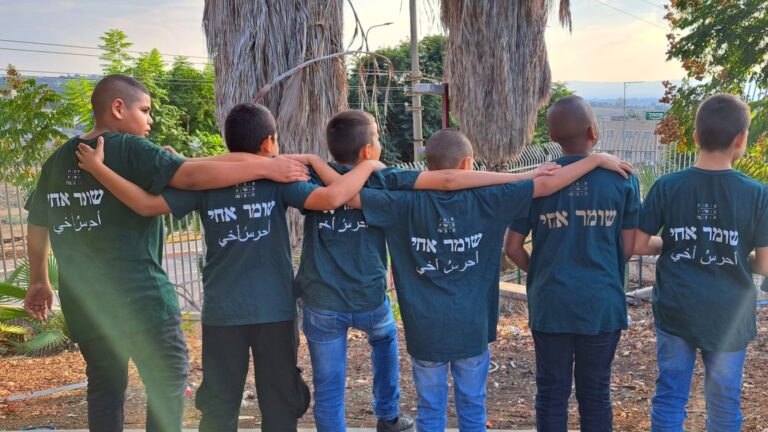
HaTnua HaChadasha members Lien Garifat and Lien Gadir, both 11, and Lamis Garifat, 12, from Zarzir, told ISRAEL21c that although they had originally been unsure about joining the youth group, they are really happy with the “cleaning, cooking, cooperation and horses” as well as other fun aspects of working on the farm.
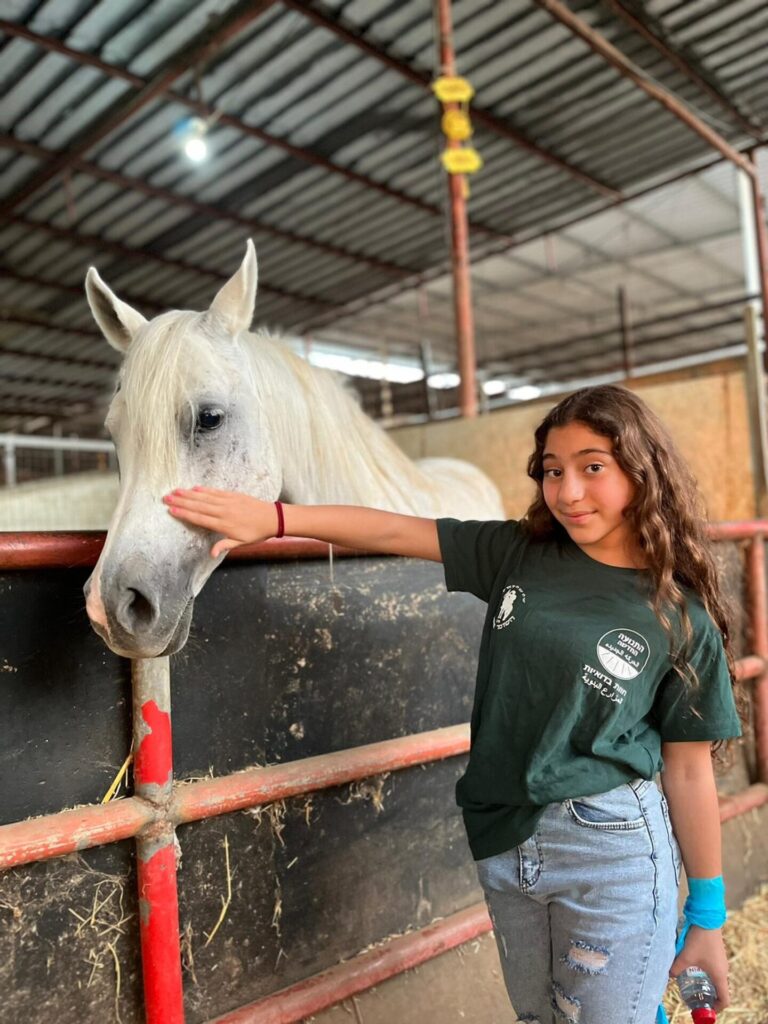
They highlighted the importance of meeting and playing games with young people from other villages and are eager for more members to join.
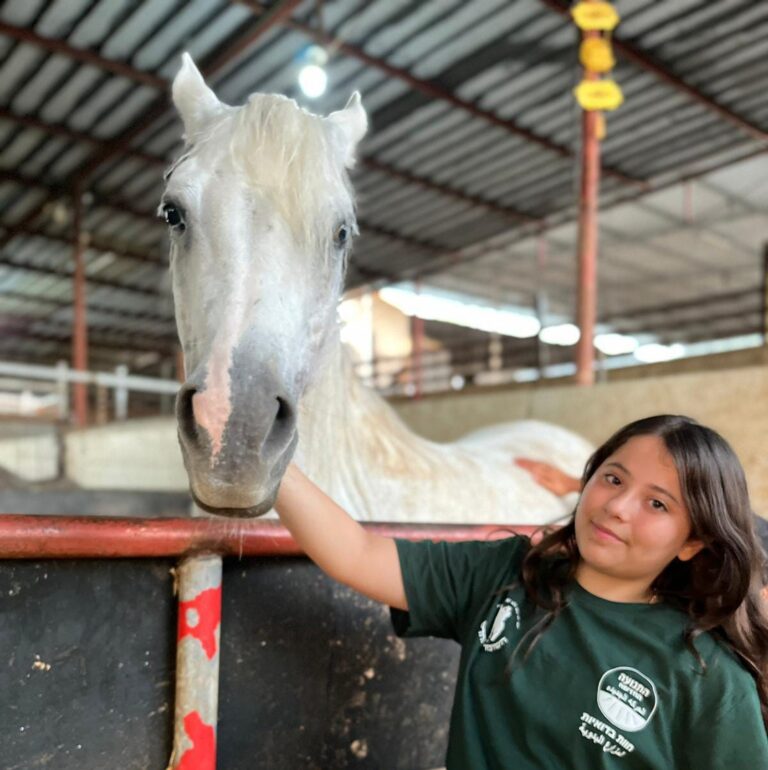
While Lamis spoke English and Hebrew, both the Liens communicated through Maysoon Abu Zumat, director of the educational farm, who was recommended for the position by the head of the village council.
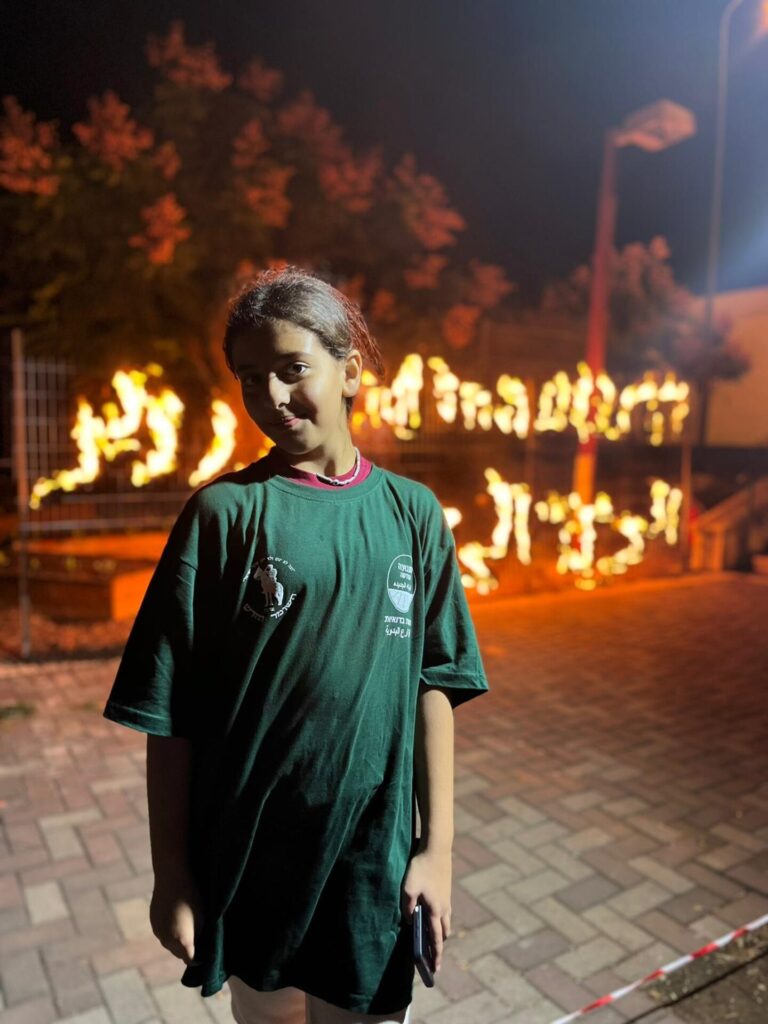
The Zarzir branch of the youth movement provides Hebrew lessons.
“Most Bedouin kids don’t speak Hebrew, and it’s a shame because the language is a great opportunity to connect,” says Zilberman.
Taking responsibility
“There are so many good people who want to be part of Israeli society, not part of the fanatics who besmirch their name,” explains Zilberman, who lost a Bedouin brother-in-arms during the 2006 Lebanon war.
The mayors of six Bedouin councils in Lower Galilee, all IDF veterans, contacted Zilberman after the Arab riots in May 2021. They shared painful stories of violence, vandalism and high unemployment in their communities, as well as a decrease in the sense of personal security.
An estimated 50,000 Bedouin Arabs live in the Galilee.
“Most Bedouin want to live in peace,” says Zilberman, “and we saw we needed to take responsibility for our joint future, and in the fight against crime.”
He wants to help the youth, Jews and Arabs alike, feel connected to, and take pride in the area where they live and spread that feeling to the whole country.
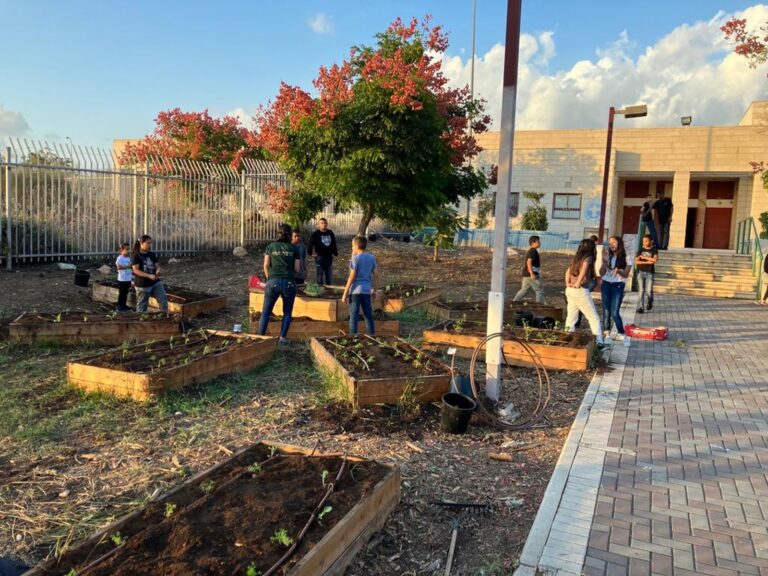
He wants them to learn about mutual responsibility, social activism, equality, sustainability, environmental and democratic values, and love of the land.
A better future
Liraz Levi, HaTnua HaChadasha’s Arab-Jewish Life Coordinator, says the movement’s activities are specially tailored for the children.
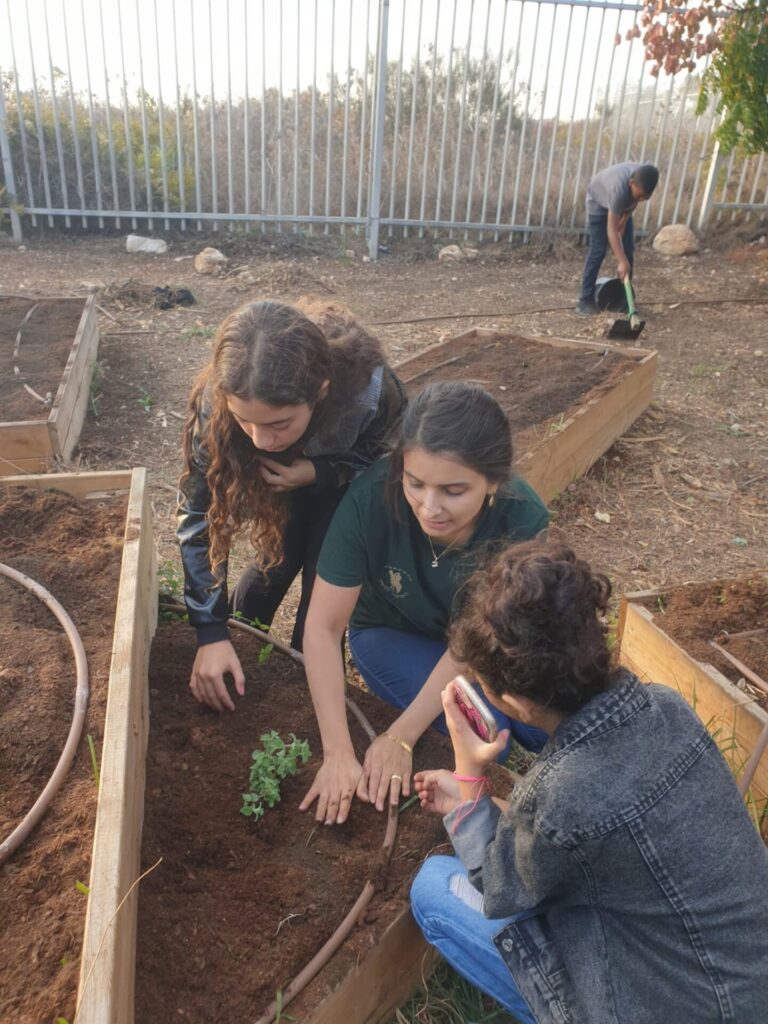
“We reinvent ourselves every day and connect to what is happening in the field, to the social reality. There is no ‘copy paste.’ In each place, we connect to the established traditions and the needs of the community. Although we work with the youth, the entire community – siblings, parents, grandparents – is very important to us.”
The youth play a part in the choice of activities offered in the movement.
“We want them to take part. They are the future. We want their future to be beautiful,” says Levi.
“So they plan what they need, to cook something, or to build something. When children build things they feel pride in their own work. ‘You want to build a place to sit? Plan. I will bring the raw materials and we will help you, but you will do it.’”
Levi says the youth movement plans to connect to more Arab settlements.
“We want to offer them a better future. To continue doing things their own way, but better,” she explains.
For more information, click here.




